Kitchen surfaces can be challenging to clean for plenty of reasons. Different cooking activities involve a lot of use of oils, and greasy substances that accumulate on various surfaces of the kitchen, especially countertops and backsplashes. Grease and oil can be stubborn to remove and need extra cleaning effort. Kitchens require a high level of cleanliness to prevent bacteria to grow on surfaces and avoid food contamination. Cleaning all kitchen surfaces such as countertops, stovetops, ovens, cutting boards, and utensils with soap, water, and other cleaning products may take extra time but is beneficial for one’s well-being. It is essential to maintain a healthy living environment. Regular cleaning assures that food residue and bacteria are removed.
How to Clean Wood Countertops:
Here are a few ways for you to clean better your wooden countertops:
- Clear the surface of any items that are not needed.
- Since butcher block countertops are sensitive to scratches, use a non-abrasive sponge, or cloth to scrub.
- Scrape off any caked-on residue, and wipe away crumbs and food particles. Use regular dish soap to clean, rinse and repeat.
- If there are any stains to your wood countertops, use an acetic acid, or a natural disinfectant to remove grime.
- Option: Use half a lemon on the area with a stain and scrub off with lemon, water and vinegar.
- To remove any tough scratches, you can sand down your butcher-block countertop and seal it with wood protection that is food grade, such as an oil or wax to assure that it is less toxic.
How to Clean Stainless Steel Countertops:
Stainless steel countertops are common surfaces for commercial kitchens and some residences. It can withstand heat and is durable. These kinds of countertops have a polished and shiny finish for a modern and industrial look. Because it is easy to maintain, cleaning is not difficult but it is important to:
- Prevent water stains by drying the surface well with a dry cloth.
- Choose non-abrasive cleaning tools that will not cause scratches to the countertop. Deep scratches may need professional maintenance care.
- A baking soda paste can help remove rust from your stainless steel kitchen countertop.
How to Clean Granite Countertops
Granite countertops and slabs are anti-bacterial in nature when properly sealed. Here are a few tips to help clean stone countertops:
- For daily cleaning, use a simple soap and water mixture to wipe down and keep your granite countertop clean and shiny. Dishwashing detergent is also an option instead of common household soap.
- Avoid using harsh cleaners and detergents. Foaming bathroom chemicals, even natural acetic acid like vinegar and lemon juice can dull the finish and shine of granite.
- To remove tough stains, a cleaning paste made by mixing baking soda and hydrogen peroxide can be used. Apply this mixture to the stain, covering it about at least one-fourth inch thick before placing a plastic wrap and taping it to hold it in place for at least 24 hours. Remove the wrap after and let it dry. Wipe the paste with a clean microfiber cloth. Repeat as needed.
- Reseal the area to prevent further stains to affect the countertop.
How to Clean Limestone Countertops
Limestone countertops are an affordable alternative to marble. Mostly with a white, or off-white color, limestone countertops discolors and stains more easily than other types of stone slabs. They are more high maintenance in comparison to the other types of stones.
- Because limestone is porous, it is softer and more prone to stains, especially from dark and color-transferring foods and drinks such as red wine, coffee, and tea. Do not use harsh or acidic cleaners to clean your countertop because it will burn the stone’s surface.
- A simple mixture of baking soda and hydrogen peroxide works well to remove discoloration. Mix the baking soda and hydrogen peroxide until its consistency is as thick as a paste, apply it over the area with a stain, and cover it for at least 24 hours with a wrap. Wipe the mixture and repeat the process as needed. Reseal the area to help it last longer.
- Light scratches on the surface can still be remedied by buffing it with a a #0000 fine steel wool. You can also choose to wipe it with a car polishing chemical to remove the scratch. Use a proper sealant after cleaning.
- Prevent further scratches by using a chopping board. Skip using a sponge and thick scrubbers that can graze the surface.
How to Clean Marble Countertops
The preferred choice by many because of its elegant and classic look, marble slabs have a reputation for it being high-maintenance. Proper maintenance can help to make it last longer without complicated cleaning steps:
- Using a simple spray bottle with water and soap, remove grease, and dirt on the marble surface.
- Wipe until dry or until no moisture is left on the surface because watermarks can be left when not wiped properly.
- Avoid acidic liquids and cleaners because this can dull the look and surface of the marble. Use soft steel wool to even out marble etching.
- Make a poultice to help remove stains. You can do this by placing sheets of paper towel on the area with a stain, applying hydrogen peroxide and covering it with a plastic wrap. Leave for 24 hours, with an air hole to allow drying, and check often to make sure that you don’t accidentally over-lighten a marble slab.
- Clean the surface with the same water and soap solution, and wipe until dry.
- Apply a sealer to protect it.
Most of our kitchen cleaning solutions require simple dishwashing liquid and water formula. Cleaning your household can require a lot of time and effort. If done right, and correctly, you can maintain and protect your countertops to last longer. Make sure to reseal and check the manufacturer’s specifications and methodology to use prior to applying it to the project.


